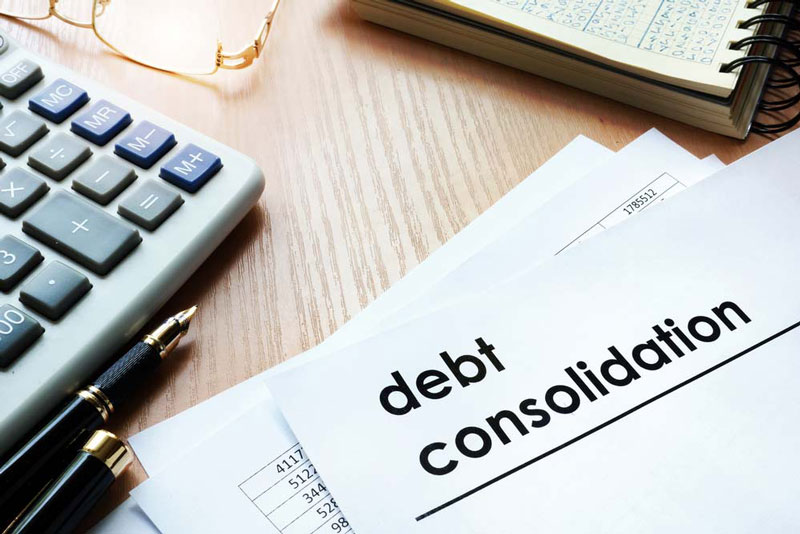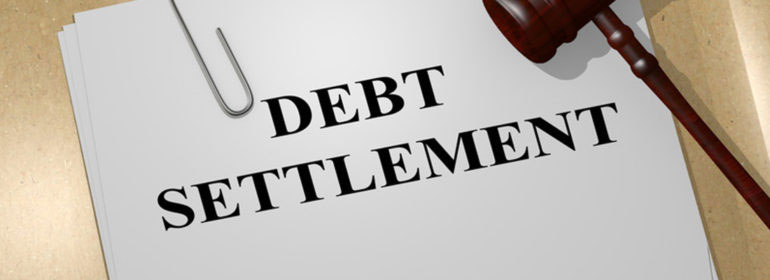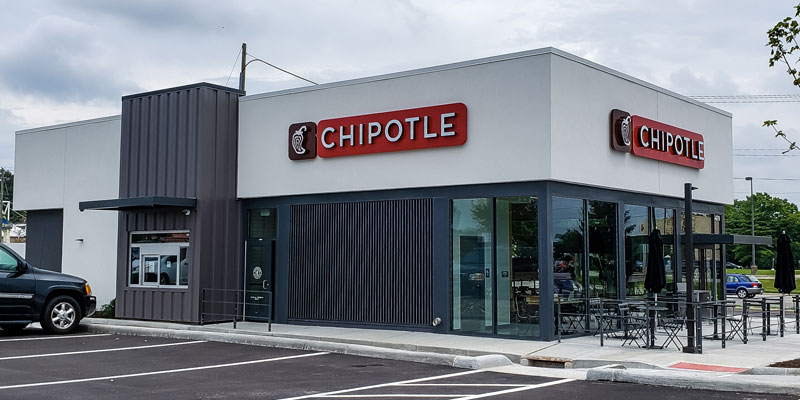While debt consolidation and debt settlement can be used to reduce personal debt, they work in different ways and address different problems. Debt settlement can reduce the amount of debt you owe, while debt consolidation can help reduce the number of creditors. Both strategies can provide secondary benefits, especially debt consolidation.
What is Debt Consolidation?
Debt consolidation is taking out a single loan to pay off several smaller loans. Single monthly payments and a single interest rate are the benefits of consolidating your loans. When you get a debt consolidation loan, you'll be making all of your future payments to the new lender, who may be a bank, credit union, or even an internet lending company.
This consolidation can have psychological benefits as it reduces the stress of managing multiple monthly debt payments. A consolidation loan could result in a lower monthly payment or an average interest rate for your debt. The length of your loan repayment term and the fees you pay (such as origination or application fees) will impact how much you can save on interest.
Unsecured or secured debt consolidation loans can be obtained. Secured debt consolidation loans require using one or more assets as collateral. These could include your car, home, retirement account, or insurance policy. If you consolidate debt with a home equity loan, your home would be the collateral.
Advantages
Consolidating your debt can make your life simpler and possibly less costly. For some borrowers, consolidating debt can make tracking one payment easier than multiple. The consolidation loan or debt management program has a lower interest rate, meaning you will pay less than if your high-interest credit cards are paid off.
Disadvantages
Consolidating debt is not an easy solution. Consolidating your monthly payments can make it tempting to add more debt. The problem will not end if you don't increase the number of your monthly payments and reduce your spending. Consolidating loans can also increase the repayment period. This could mean that it takes longer to pay off your debt, and you will pay more interest over the loan's life.

What is Debt Settlement?
Consolidating debt allows you to consolidate multiple debts into one loan. However, debt settlement uses a different strategy. When settling debt, you ask one or more creditors to agree to pay less than the amount owed to your account. You and your creditor can agree to pay the settlement amount in one lump sum or over several installments.
Debt settlement can get rid of your debts without paying the entire amount. This may be a good alternative if you consider filing for Chapter 7 bankruptcy as an option.
However, creditors are not obliged to accept or enter into negotiations. You should also remember that settling a matter requires that you have enough cash to pay the agreed-upon amounts. A debt consolidation loan might be a better option if you don't have enough cash to negotiate.
Advantages
These benefits sound almost too good to be true. You can pay off your debts, sometimes for a fraction of what you owe.
Disadvantages
You should know that debt settlement can have a devastating effect on your credit score. It can knock anywhere from 75 to 150 points off of it. It's impossible to believe that it could not. If you can get future loans, they will have high-interest rates. There are also fees. If you don't make payments to creditors while negotiating settlements, late fees, interest, and penalties will continue to add to what you owe.
The Art of Debt Settlement Negotiation
Even though debt settlement takes some negotiation skills, the procedure is not that difficult. If you're behind on one or more payments, the first step is to contact your creditors to see if they're willing to work out a settlement. You may write a letter if you prefer a paper trail over the phone.
At this stage, the creditor has three options: accept your settlement offer, reject it, or make a counteroffer. Consider if the amount your creditor is asking for is reasonable for your budget if your creditor decides to counteroffer.

Debt Consolidation or Debt Settlement: Which Is Better?
Debt consolidation versus debt settlement may be the best option when figuring out how to manage your debts. One option may be better than the other, depending on your financial situation.
If you want to reduce your monthly debt payments and make them more affordable, consolidating your debts into one loan might be a good option. You must have good credit to qualify for personal loans to consolidate debt.
You might consider debt settlement if you are behind on your payments and your creditors threaten to sue you. This could prove less costly than filing for bankruptcy protection, assuming you have enough cash to pay the settlement payments.

The Chipotle Method of Making Money

Tax Software vs. an Accountant: What’s the Difference?

The Best Bonuses And Promotions Offered By Banks

NATO: An Essential Overview of Its Role in Global Security and More

All You Need to Learn About: What Is Tax Fraud?

Exactly what is a BCL (bank confirmation letter)?

What Exactly Is a Green Tax?

Dealing with a Missing Security Deposit: Tips for Tenants

Beware: These Latest Scams Are Threatening Your Online Security

Do You Need Insurance For Your Internet Business?

All About Business Podcasts
